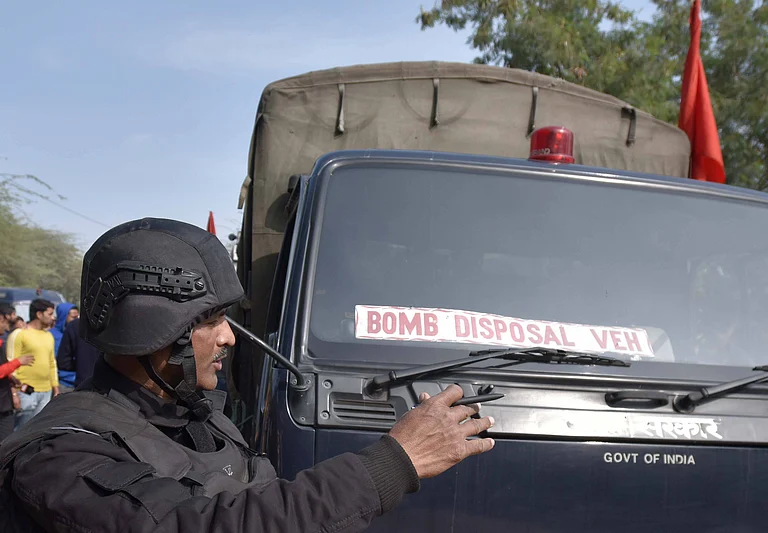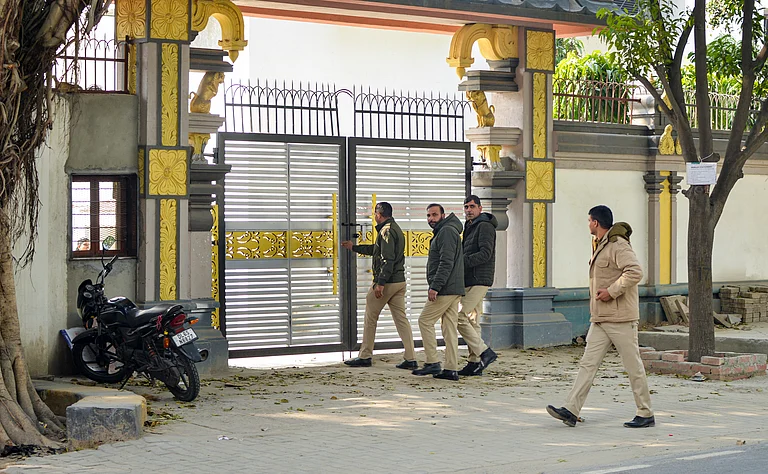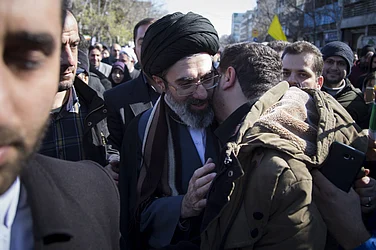In anticipation of the upcoming general elections in Pakistan on February 8, the government of Balochistan has enforced a ban on public meetings and election gatherings within the province. The move comes in response to a threat alert highlighting the potential involvement of a female suicide bomber.
Jan Achakzai, the Balochistan Minister of Information and Public Relations, announced the ban via a social media platform, urging all political parties and candidates to conduct their meetings indoors to mitigate the perceived risks. In his post on social media platform X, Achakzai emphasized the government's commitment to public safety while acknowledging the necessity of election campaigns.
Balochistan, a restive province, experienced a series of bomb and grenade attacks on Thursday, resulting in one fatality. An 84-year-old man lost his life when an improvised explosive device, containing approximately eight kilograms of explosives, detonated along the China-Pakistan Economic Corridor (CPEC) road in Quetta's Spinny area, as reported by Quetta SSP (operations) Jawad Tariq.
As the nation prepares for the polls, a troubling surge in violence, including acts of terrorism, has unfolded in Balochistan and Khyber-Pakhtunkhwa. Notably, prominent political figures have received threats, posing a formidable challenge to law enforcement agencies tasked with maintaining peace and stability in the region.
Addressing the security concerns, Pakistan Information Minister Murtaza Solangi assured on Saturday that comprehensive security arrangements had been made to facilitate a peaceful, fair, free, and transparent general election. Approximately 18,000 candidates are competing for seats in the National Assembly and the four provincial assemblies of Punjab, Sindh, Khyber Pakhtunkhwa, and Balochistan.
The National Assembly (NA) itself comprises a total of 336 seats, including 266 general seats, 10 reserved seats for non-Muslims, and 60 reserved seats for women. The implementation of security measures remains crucial as the electoral process unfolds against the backdrop of heightened tensions and security threats.






















